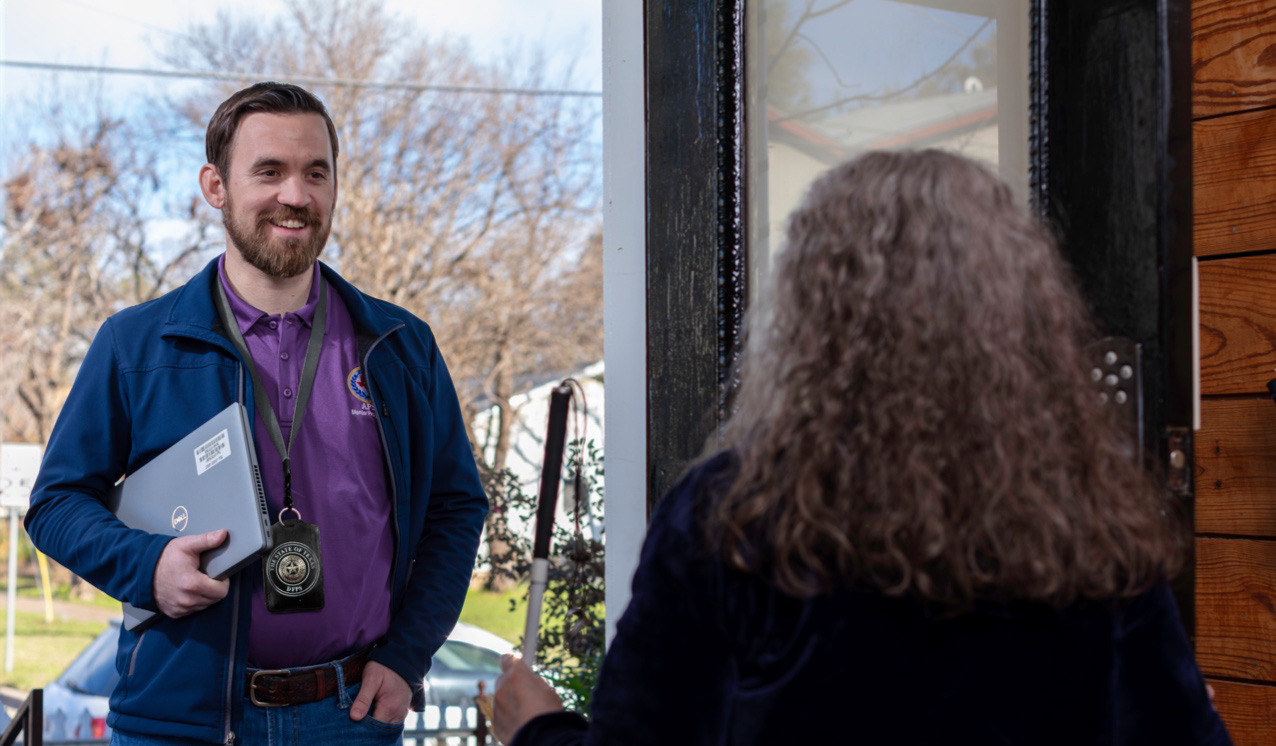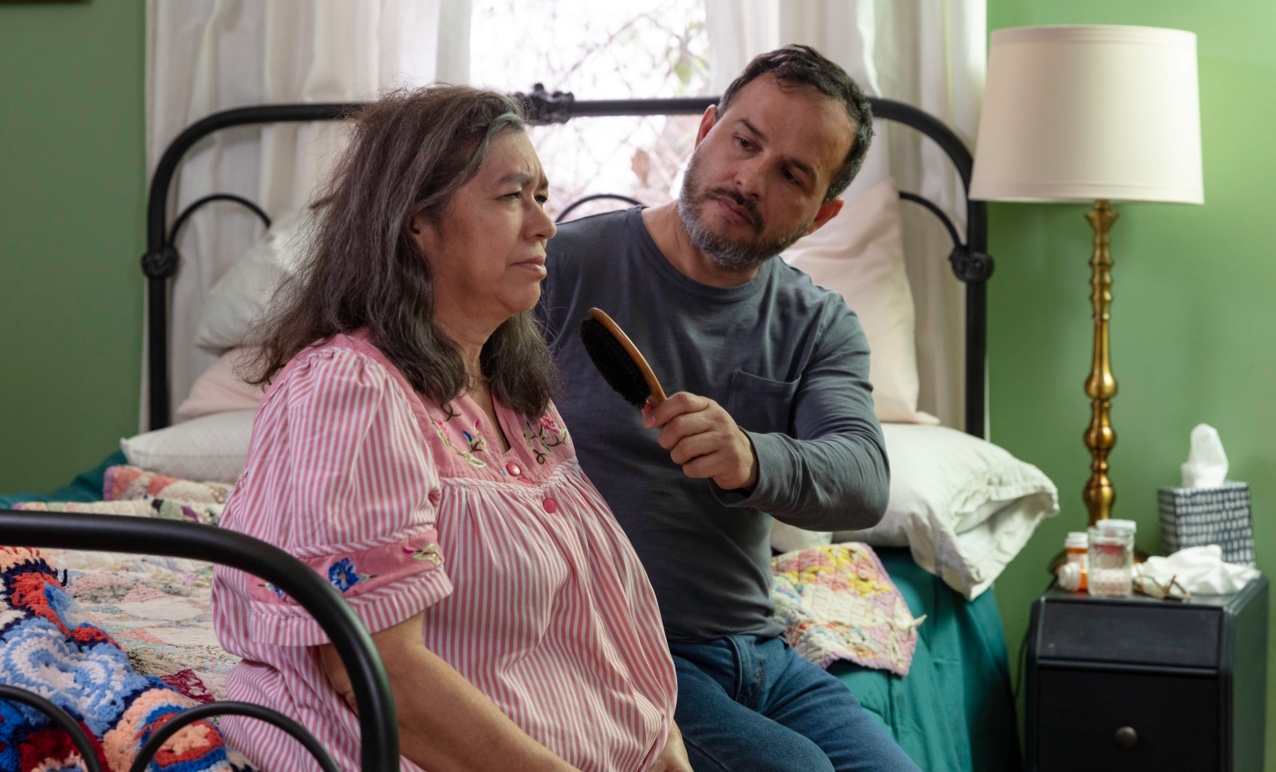Services that APS buys
These include any goods or services APS buys or promises to buy with APS funds for short-term expenses on an emergency basis. Examples include shelter, food, medication, cleaning, minor home repairs, restoring utilities, and mental health assessments.
Services that APS provides
These are direct services that address safety concerns or other problems. An APS caseworker can deliver medication, food, or items from an APS resource room such as personal hygiene supplies or adult diapers.
Legal action
This occurs when law enforcement, APS, or another agency takes steps to make sure the client is safe. APS relies on local mental health authorities and law enforcement to deal with immediate mental health concerns. APS cannot force services on a client who has the mental capacity to make his or her own decisions. If a client is in a situation that threatens his or her life or safety, APS can pursue legal action such as an Emergency Order for Protective Services, described in the section below.
Placement
This consists of moving a client from his or her home to a hospital, nursing home, or other alternative care facility. Clients who have the capacity to make their own decisions can choose to remain in their home. If they do not have capacity, APS may seek court orders to move these clients to a safe environment, such as a nursing home. APS does not serve as a guardian. If a client needs a guardian, the caseworker will search for the client's relatives or refer him or her to the HHSC Office of Guardianship Services.
Removing a client from his or her home
APS cannot enter a person's home without the permission of an adult who lives in it. APS may ask the court to issue an order to authorize entry when all reasonable efforts to enter have been denied.
Emergency shelter
APS does not have emergency shelters or housing. We work with mental health providers, law enforcement, homeless shelters, and others to find temporary housing for clients who need it.







